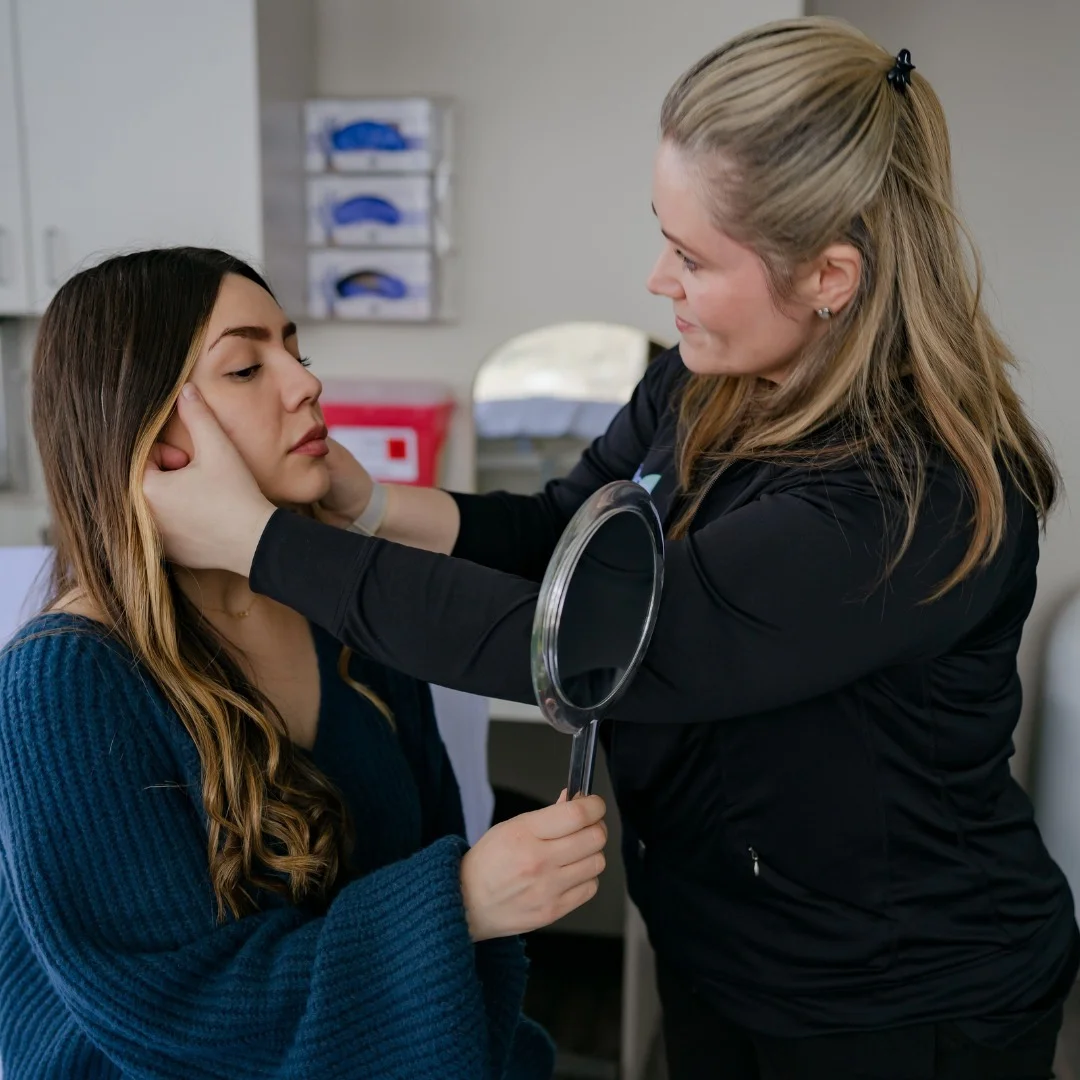Englewood/South Denver and Lone Tree skin health: What is squamous cell carcinoma (SCC) ?
AboutSkin Dermatology and DermSurgery, PC provides a comprehensive range of cosmetic and medical dermatology services at their offices in Englewood/South Denver and Lone Tree. Perhaps the most important services they offer are skin cancer screening and removal. Like most forms of cancer, early detection and prompt treatment are essential.
There are several types of skin cancer, with squamous cell carcinoma being the second most common. It is caused by abnormalities (mutations) in the squamous cells, which comprise a large percentage of the cells in the epidermis (upper layer of the skin). Cancerous squamous cells grow and multiply at a dangerous, uncontrollable rate. The cell abnormalities leading to squamous cell carcinoma usually result from the damaging effects of cumulative ultraviolet light exposure, either from tanning beds or natural sunlight. However, ultraviolet exposure is only one of the risk factors; genetic factors, immune suppression, smoking, and viruses like genital wart viruses can also be responsible.
Squamous cell carcinoma can develop on any area of your body, even the genitals and oral mucous membranes. However, it is most common on areas that receive frequent or extended exposure to the sun, such as the heads, hands, face, neck, arms, and legs. The appearance of these cancerous lesions may vary, depending on several factors. Signs of squamous cell carcinoma include:
- A crusted or bleeding lesion
- An elevated skin growth that has a depression in the center
- A skin ulcer (open sore)
- Red, scaly patches of skin
- A warty-like growth
Although anyone is susceptible to squamous cell carcinoma, it is most common in people with light hair, fair skin, and gray, green, or blue eyes. Some people are genetically predisposed, due to a hereditary condition called xeroderma pigmentosum, which increases one’s sensitivity to UV radiation. Additionally, your risk is greater if you have had other types of skin cancer like basal cell carcinoma.
In most situations, the best treatment for any kind of skin cancer is removal. There are several common methods, surgical removal for skin cancers. For those located in aesthetically sensitive areas (such as the central face etc), Mohs Micrographic Surgery is often recommended especially if the skin cancer is ill-defined. This advanced surgical technique is only available from select physicians. Dr. Cohen is one of only a hand-full of full fellowship-trained Mohs College surgeons in Colorado, and he is very active nationally teaching courses and young physicians. He also just completed co-authoring a Mohs skin cancer and reconstruction textbook with 2 other well-known US Mohs surgeons that will be available in early 2014.. The American College of Mohs surgery has the most stringent requirements in Mohs surgery training. The Mohs College requires a full-fellowship of at least a year where at least 500 cases need to be performed by the physician training under direct supervision of their preceptor physician. Dr. Cohen completed this Mohs College training in 2001.
If you have been diagnosed with skin cancer, or you have noticed a suspicious skin lesion call us at 303.756.SKIN (7546) and schedule an appointment.

